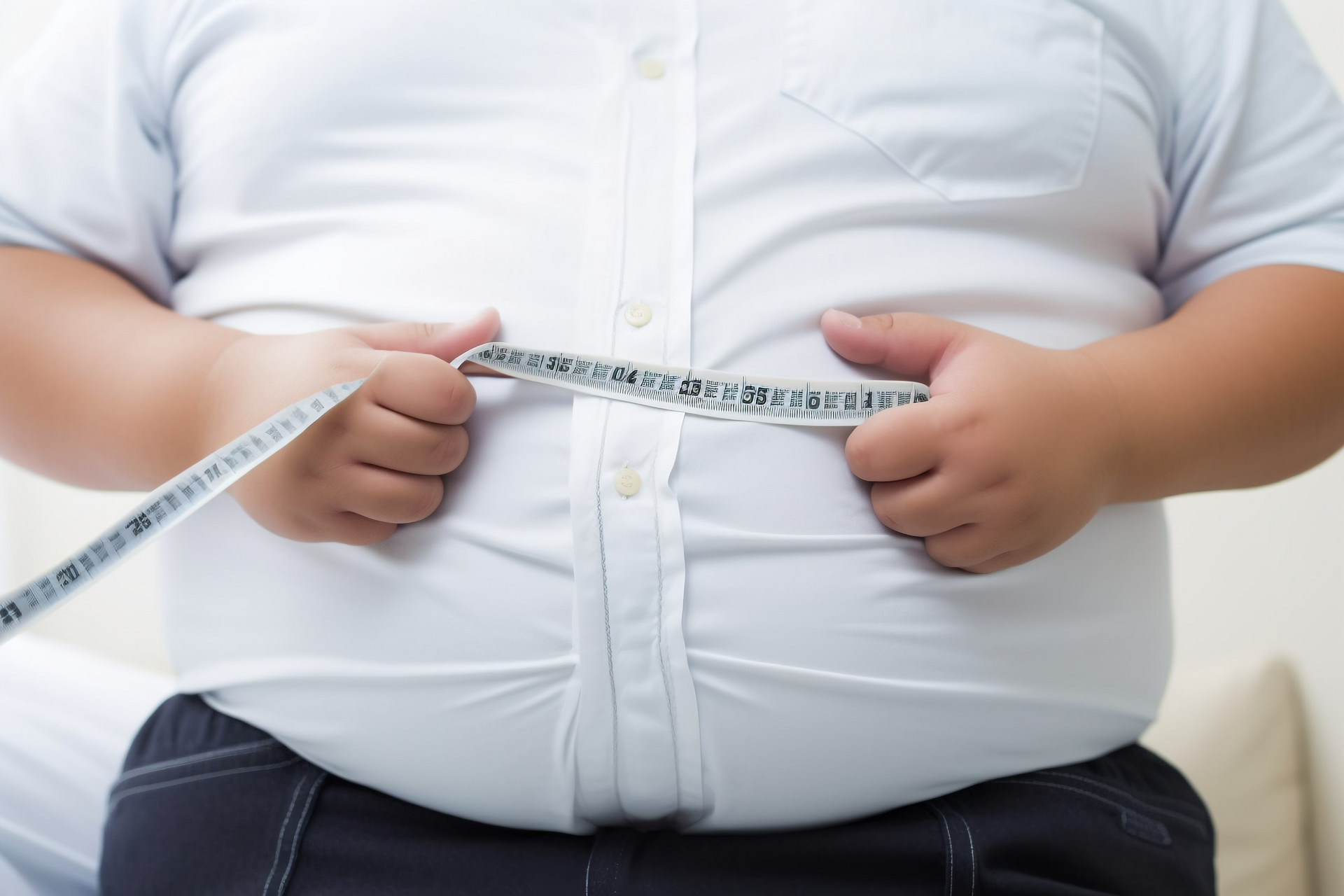Traditional Chinese medicine believes that the causes of obesity can be categorized into two types: deficiency and excess. Among them, phlegm-dampness and qi deficiency are more commonly seen, which is in line with the theory that "phlegm-dampness is common in obese people" and "qi deficiency is common in obese people". Those with internal phlegm-dampness manifestation often have a large body, a good appetite, a preference for sweet and greasy food, chest tightness and epigastric distension, excessive phlegm, fatigue and heat intolerance, a fat tongue with thick coating, and a wiry and slippery pulse. Those with qi deficiency may have a fat body, lack of energy, laziness in speech, sweating with movement, aversion to cold, facial edema and limb swelling, poor appetite, fatigue and a preference for lying down, a pale tongue with white coating, and a weak and thin pulse. It should be noted that there are many patients who have both deficiency and excess. Regardless of deficiency or excess, the treatment should start with regulating the spleen and stomach, because obesity is often caused by dysfunction of the spleen and stomach, resulting in the accumulation of phlegm-dampness and adipose.
1) Scraping sequence:
(1) Back (2) Chest and abdomen (3) Upper limbs (4) Lower limbs
2) Main acupoints:
Feishu, Pishu, Shenshu (Bladder meridian); Shanzhong, Zhongwan, Guanyuan (Ren meridian); Kongzui, Zhiyin, Lieque (Lung meridian); Quchi (Large Intestine meridian); Fenglong (Stomach meridian); Sanyinjiao (Spleen meridian)
3) Explanation:
The intensity of scraping for weight loss should be moderate, and it is recommended to scrape 1-2 times a day. If the pressure is strong and the scraping time is long, it is necessary to apply scraping oil to protect the skin. The areas of obesity can be frequently scraped to promote passive movement, enhance metabolism, and eliminate local water and fat.
It is generally believed that scraping therapy is more effective for treating simple obesity than secondary obesity. Simple obesity caused by excessive appetite tends to have better results than obesity caused by constitutional factors. The earlier the onset of obesity in childhood and the persistence of obesity into adulthood, the less effective the treatment is. Patients with a short disease course and relatively young age tend to have better results. Generally, those with a higher degree of obesity tend to see faster results and greater weight loss.
While using scraping therapy for weight loss, patients should also be advised to strengthen physical exercise, pay attention to a balanced diet, and consume less high-fat, high-sugar, and high-calorie foods while increasing the intake of vegetables and fruits. Crash dieting should be avoided as it can lead to severe water and electrolyte imbalance, ketoacidosis, and even myocardial infarction or cerebral thrombosis.




